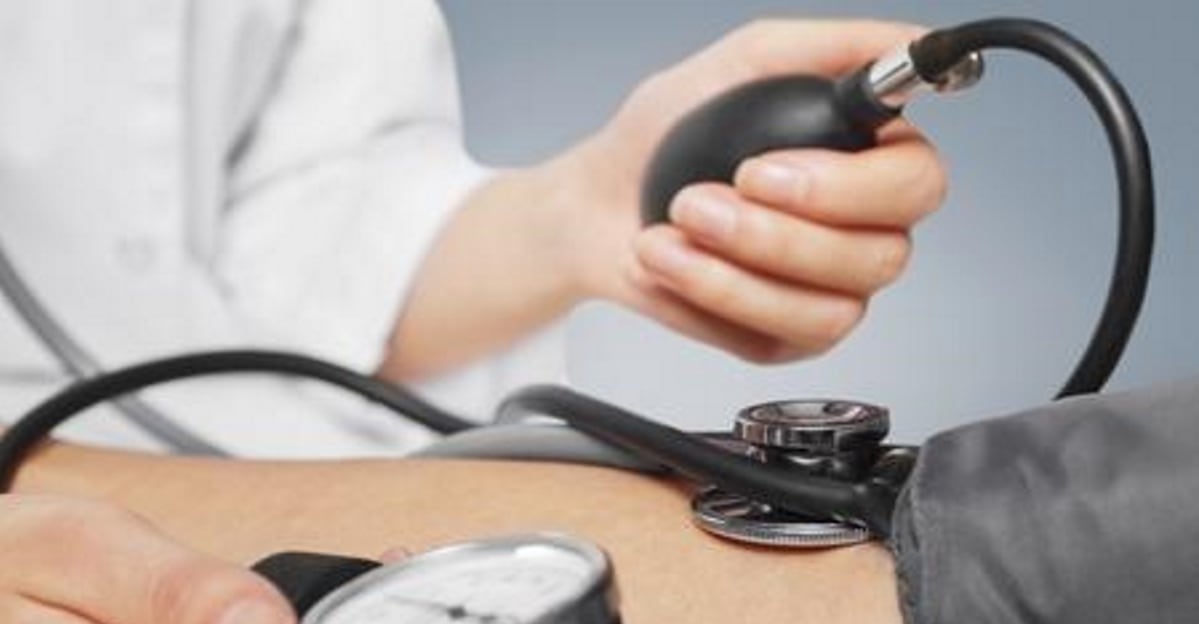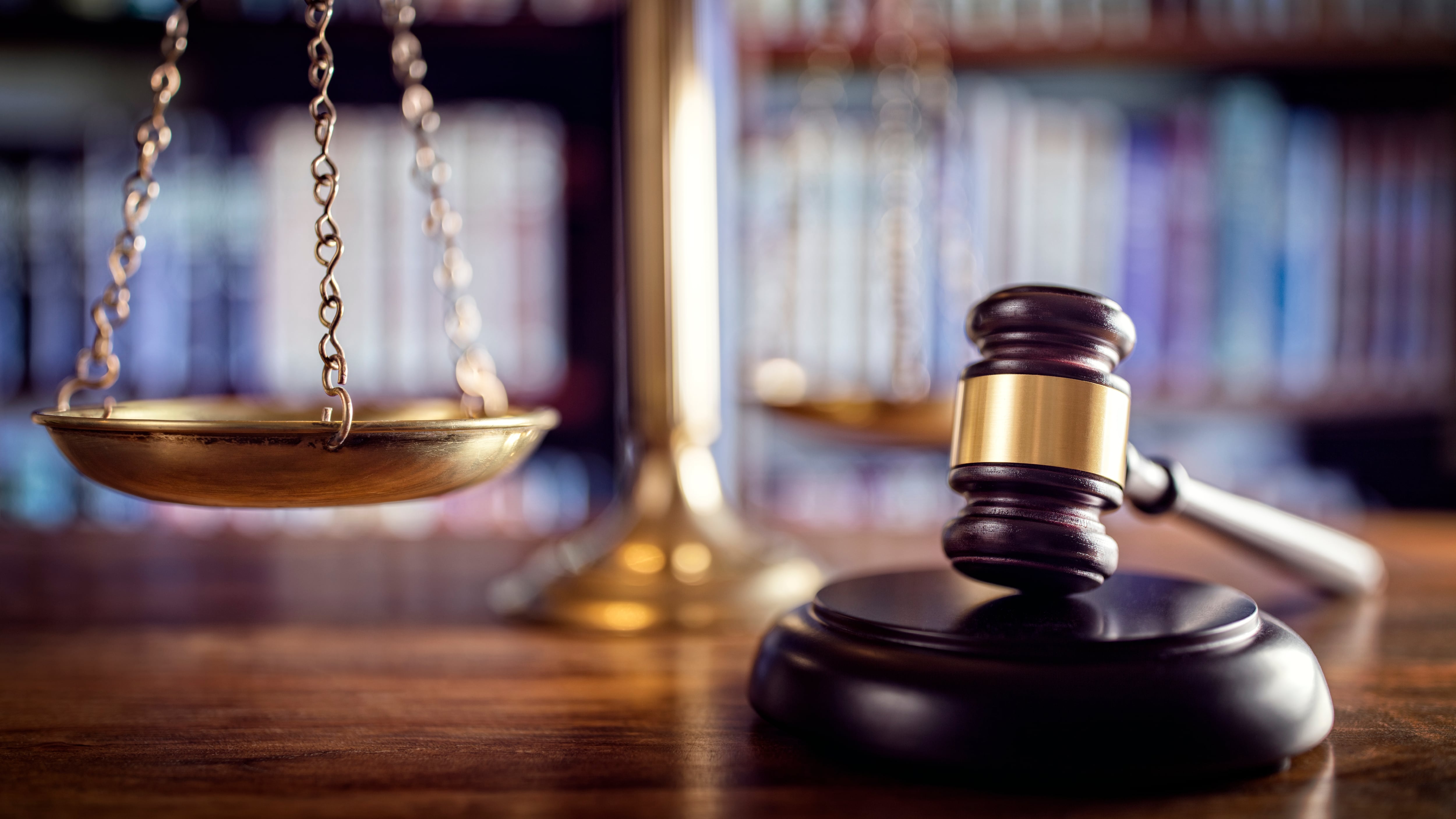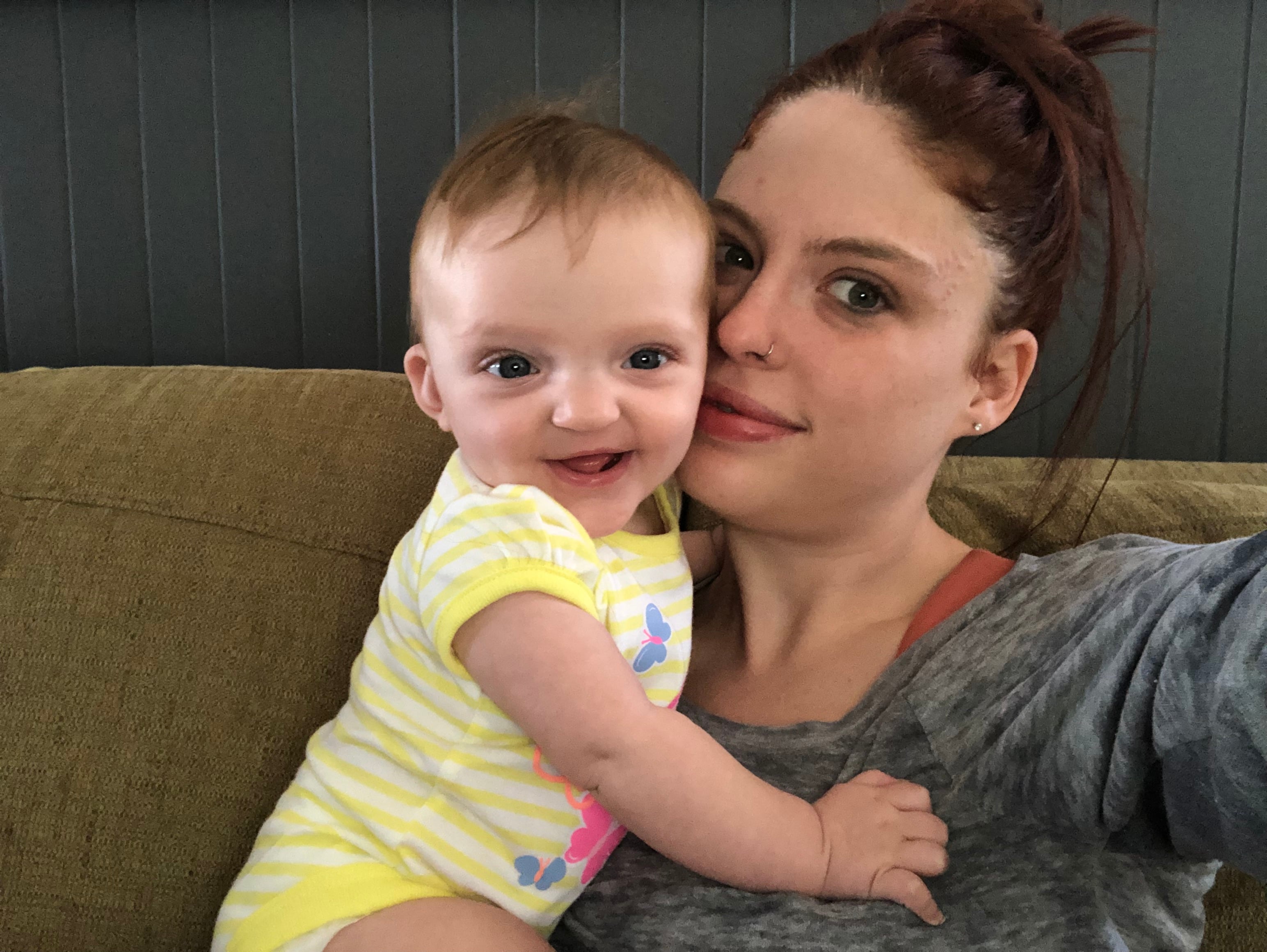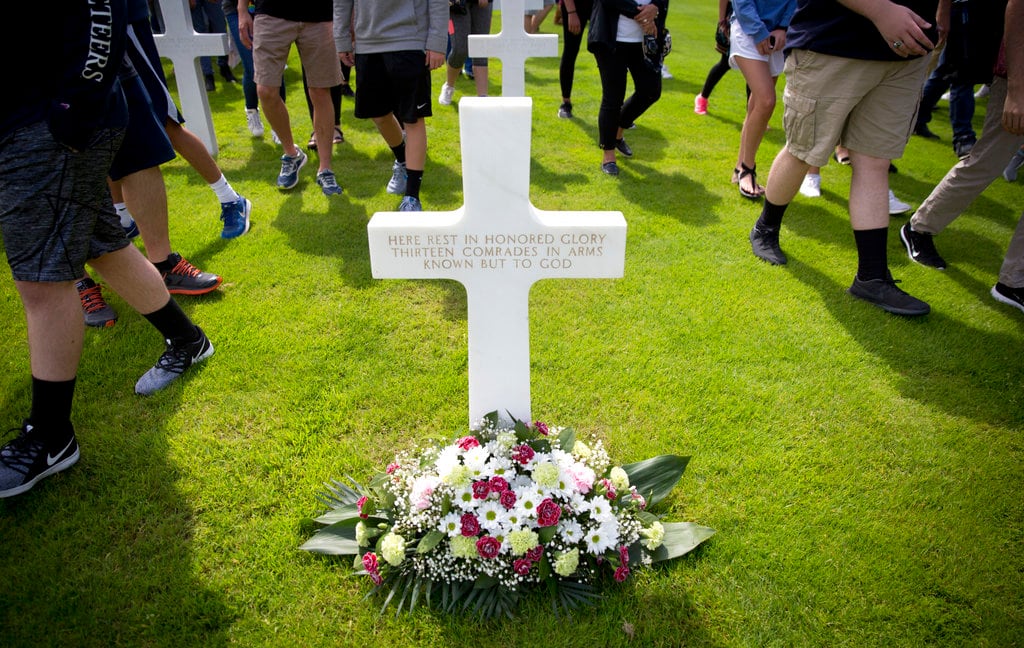Last week, a meme circulated among military and veteran circles on social media sites. It was entitled, “In Light of Current Events, Civilians Now Have an Idea What It’s Really Like to Be in the Military,” and consisted of observations such as “watching others panic; carrying around a mask all the time; and your weekend plans are revoked.”
While certainly meant as nothing more than light-hearted humor during a time when many are anxious, sentiments like this feed a broader narrative that the military’s sacrifice is without parallel. But, as COVID-19 has made us all more aware, the military has neither a monopoly on service or sacrifice.
Of all the social reordering the coronavirus global pandemic may cause, one bright spot may be the increased gratitude, trust, and confidence among the public towards those on the front lines of this pandemic. In fact, the coronavirus may serve as a much-needed opportunity for Americans — including those of us in uniform — to recalibrate how we view selfless service and patriotism in general, which recently has been considered to be the exclusive province of the U.S. military.
For more than three decades Gallup polling conducted in the United States has consistently shown that the American public has more confidence in the U.S. military than in any other institution. This admiration reached its apex in 2009 with 82 percent of the public reporting confidence in the military before dropping to 72 percent in 2017 and rebounding slightly to 73 percent in 2019.
These elevated results become even more striking when compared to declining confidence among virtually all other U.S. institutions. In 2019, only two other institutions out of sixteen even scored above 50 percent: small business (68 percent) and the police (53 percent). Public confidence in the medical system — on which so much now depends — earned a dismal 36 percent.
Recent research suggests that effective marketing campaigns, better press, and social pressure — not just military competence — may account for at least part of the increases in, and sustainment of, the public’s admiration of the military. And there is some concern that both the military and the public have begun to believe the hype.
The real danger, however, comes not just in believing the poll numbers, but in taking it a step further and believing service members are, in fact, superior – to citizens and public officials serving in other institutions – in terms of competence, selflessness, and commitment to public service.
The coronavirus may be changing all that and for the better. Doctors and nurses repeatedly expose themselves to personal danger — sometimes without personal protective equipment — every day. Scientists are working around the clock to develop a vaccine. Even grocery store clerks, armed with little more than plastic gloves and Lysol disinfectant wipes, show up each day to stock shelves and ring up customers amidst a growing panic.
The American public is quickly broadening its conception of duty and selflessness and rightly so. Although the U.S. military has filled its ranks as an all-volunteer force since 1973, those of us in uniform are not the only ones who volunteer.
Members of the U.S. military have long been the beneficiary of “thank you for your service” and military discounts in this country, but the American public is now rightly extending its gratitude to those who serve on the front lines today: our health care providers, first responders, truck drivers keeping supply chains moving, and other everyday heroes who endeavor to keep our way of life as normal as possible during this extraordinary time.
The nightly applause-fests for doctors and nurses from apartment balconies, mirroring the outpouring of support first witnessed in Italy, and free giveaways for healthcare workers from Starbucks and other companies, is reminiscent of the same outpouring of support and respect for the troops at the height of the wars in Iraq and Afghanistan.
And while many in uniform are also diligently working to respond to the COVID-19 pandemic, especially the National Guard, service members should avoid the temptation to orient the spotlight back to themselves, as the meme we saw lamely attempted to do. Most serving in the U.S. military today have only ever known the unfailing support and gratitude of the American public, but as this pandemic is demonstrating, the armed forces do not have the market cornered on selflessness and public service.
When we are all finally finished social distancing, hopefully those of us in uniform will still remember to say “Thank you for your service” to the healthcare workers, first responders, sanitation workers, teachers, grocery store employees, diplomats, and all the others sacrificing tirelessly to make sure everyone else is okay. Selfless service is not a competition.
Jim Golby and Heidi Urben are both active duty Army officers. The opinions expressed here are those of the authors and do not reflect the official position of the U.S. Army or Department of Defense.
Editor’s note: This is an Op-Ed and as such, the opinions expressed are those of the author. If you would like to respond, or have an editorial of your own you would like to submit, please contact Military Times managing editor Howard Altman, haltman@militarytimes.com.





